Upon Government Requests, Google and Apple Disclosed Push Notification Data
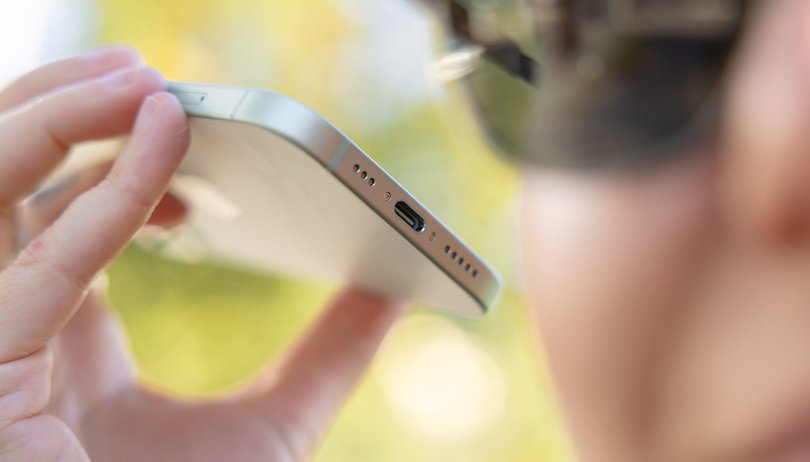

Since the advent of smartphones, the operating systems powering these devices have become increasingly sophisticated and complex. However, the development of advanced software has undeniably broadened the methods through which entities can intrude upon the privacy of users and victims alike. It has recently been discovered that even push notifications, which many consider a basic feature of their devices, can also serve as a means for governments to conduct surveillance.
- Also read: What's Google Passkey, and how does it work?
In a letter to the Justice Department, US Senator Ron Wyden revealed, based on a tip to his office, that unnamed US and foreign government agencies are spying on Android and Apple users through push notifications. He reported that some agencies continue to demand users' data involving push notification records from the two tech giants for surveillance purposes. Reuters was the first to report on this letter.
Addressed to Attorney General Merrick Garland, Senator Wyden wrote, “Because Apple and Google deliver push notification data, they can be secretly compelled by governments to hand over this information.” He further explained that push notifications from apps pass through Apple or Google's servers before reaching the intended users. This process allows Apple and Google to access data such as the user's app information, location, and time, among other details.
Both Apple and Google have reportedly been engaging in this practice for some time. However, they are only now addressing it publicly after the issue has come to light.
In a statement to Axios, Apple said, “Apple is committed to transparency, and we have long supported efforts to ensure that providers can disclose as much information as possible to their users.” The iPhone maker added, “In this case, the federal government prohibited us from sharing any information. Now that this method has become public, we are updating our transparency reporting to include these kinds of requests.”
Meanwhile, Google also expressed their commitment to transparency, stating, “We share Senator Wyden's commitment to keeping users informed about these requests.” The search giant noted that they were the first major US company to publicly disclose the government's requests for sensitive user data.
Is there a way to stop the government from spying on you?
Apart from completely disabling connectivity on devices, it seems there is no foolproof method to circumvent the way push notification systems function on Android and Apple devices.
These systems rely on push tokens to associate various metadata. Consequently, users have little recourse when tech companies are compelled by the government to hand over their data.
However, in an effort to sidestep this seemingly inescapable problem, you might consider completely disabling push notifications. This can be achieved by turning off notifications for both apps and system settings on iOS and Android devices. Additionally, activating a sort of focus mode can postpone the receipt of notifications on your smartphone.
What are your thoughts on this privacy issue? Do you believe governments have the right to access your information? To what extent do you allow them to do so? We are eager to hear your opinions.







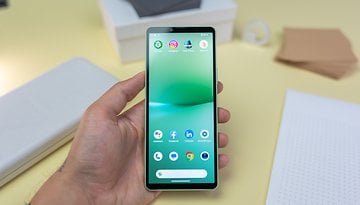
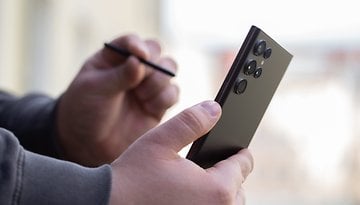
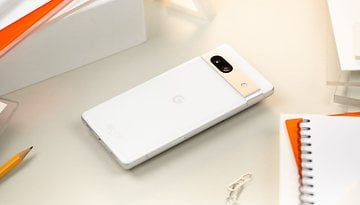


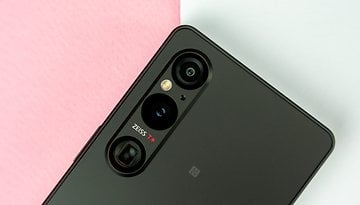
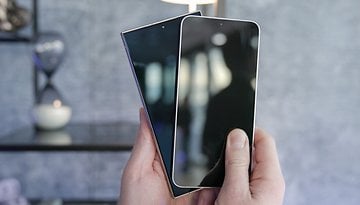



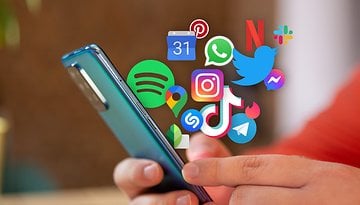



The problem as I see is accountability. When the government, via whatever agency, exceeds what a normal person can do then the government employees who are responsible should be punished as a normal person. None of this "I was just doing my job" excuse. Nazi's used that excuse. It should not be allowed. The alternative is to allow anyone access to the governments records. Open government, no secrets.